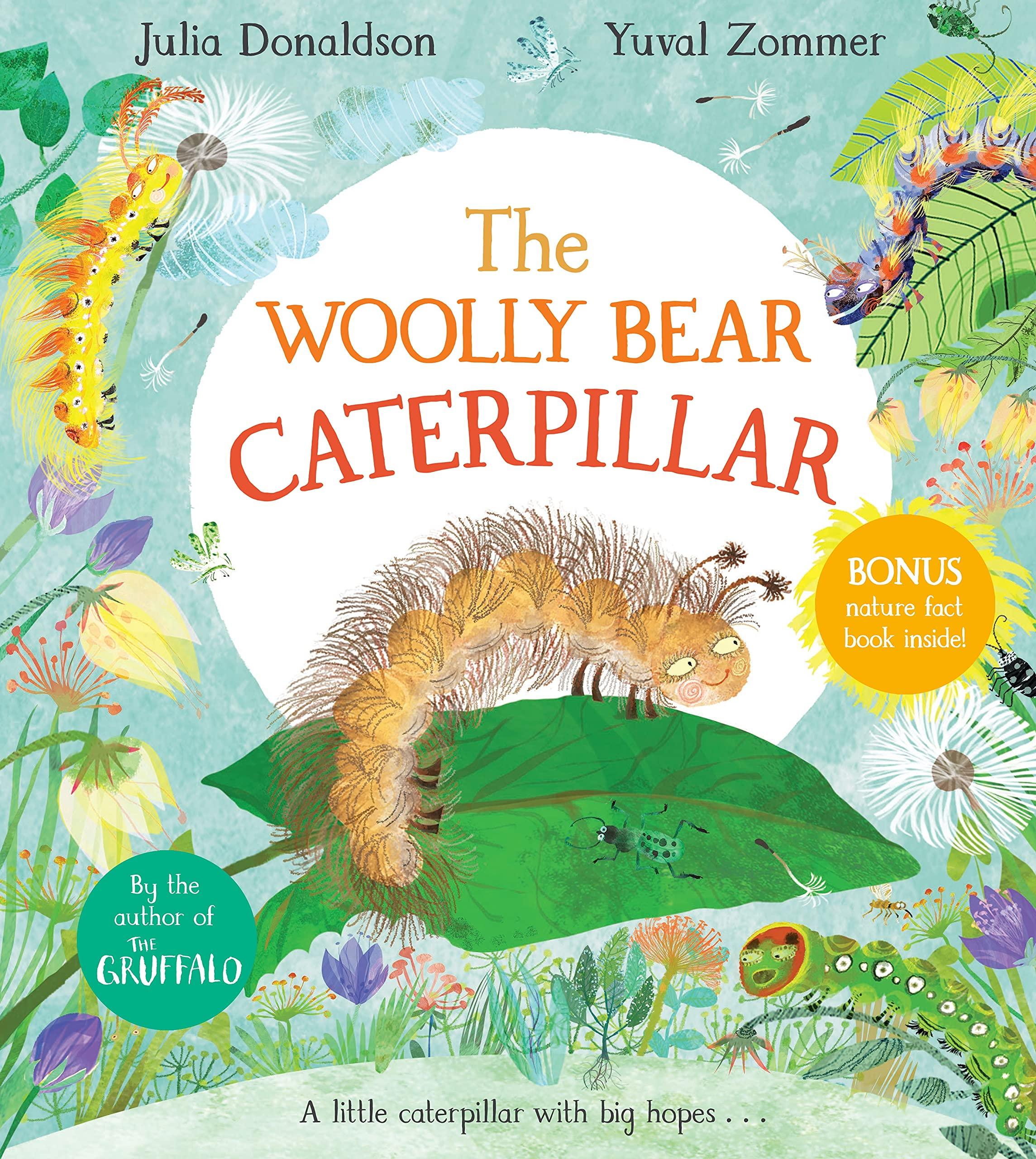
- Dive into a variety of books spanning genres and tastes to help pass the summer months while you wait for the pandemic to end
What is the perfect summer entertainment when summer falls – again – in the middle of a seemingly never-ending pandemic? One option is to reach, as many of us have, for the most escapist stories imaginable, anything without illness, plagues, quarantines, vaccination or home-schooling. Then again, more than a few of us went the other way – Steven Soderbergh’s Contagion (2011) was one of the most streamed films of 2020.
Bearing these extremes in mind, here are a variety of recent books, in hardback and paperback, spanning genres and hopefully tastes between the poles, to help pass the summer months, whether lying on a beach or huddled in a panic room.
Thrillers and Crime
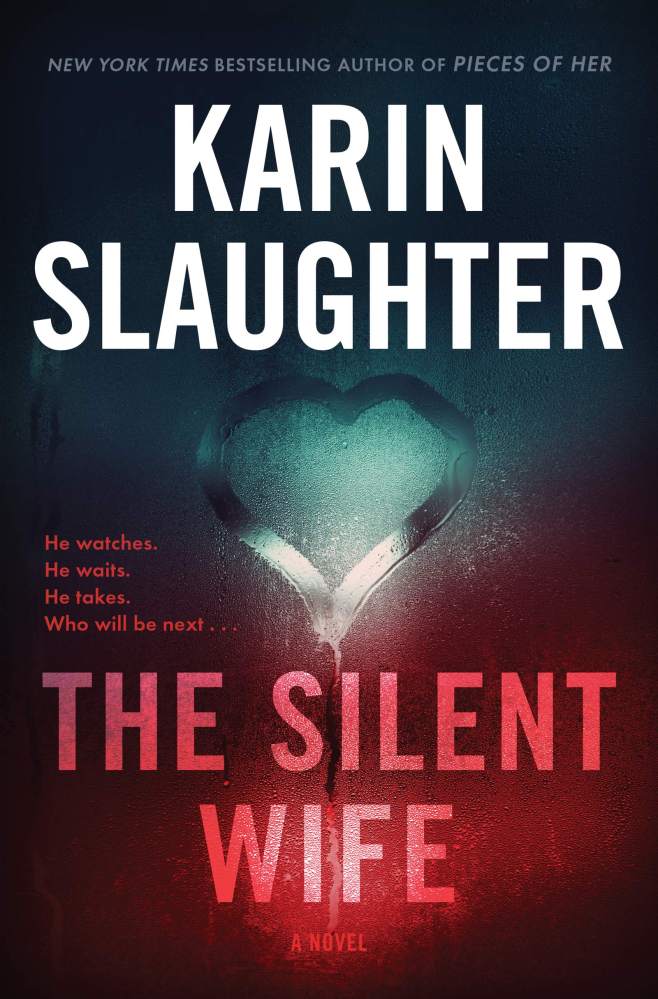
One of 2021’s big literary success stories is Richard Osman, a popular and immensely tall British television personality whose first venture into fiction, The Thursday Murder Club, broke several sales records. This cosy and impressively charming twister, set in a retirement community populated by gentle eccentrics, has already attracted Steven Spielberg’s attention.
Ovidia Yu, one of Singapore’s most successful international writers, has been toiling at the cosy crime coalface for rather longer than Osman.
As usual, our heroine is Su Lin, an unassumingly brilliant Chinese woman who cut her detective teeth working for the flawed (but also brilliant) British policeman Chief Inspector Thomas LeFroy. With LeFroy interned in the Changi prisoner-of-war camp, Su Lin is centre stage – not only as an investigator but also as a prime suspect in a murder.
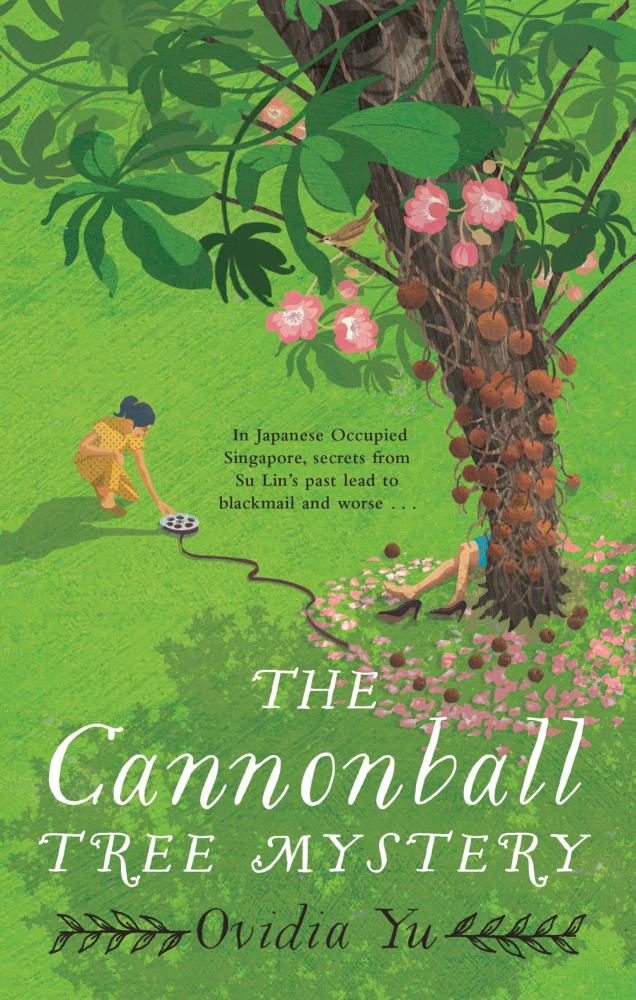
The Cannonball Tree Mystery begins with Su Lin meeting her match in the form of Mimi Hoshi, her own aunt, otherwise known as Ho Shen Mi. Famed as a risqué performer who entertained the British and Japanese alike, Mimi arrives at Su Lin’s back-door bearing blackmail: a photograph showing her with LeFroy, a dangerous combination with the paranoid Colonel Fujiwara ruling the island.
When Mimi’s body is found a few days later, Su Lin wonders whether her decision to summon a tree demon had anything to do with it. The Crown Colony series has grown progressively darker, but Yu has not forgotten how to beguile a reader.
His hero is Jon Swift, a journalist who has seen better days, unlike his old friend Lin Lifeng. In a former life, Lin helped Swift report from Tiananmen during the student protests; now he is a senior party official. But when Swift finds a message from Lin, seemingly in code, he begins to wonder just how accidental their meeting was.
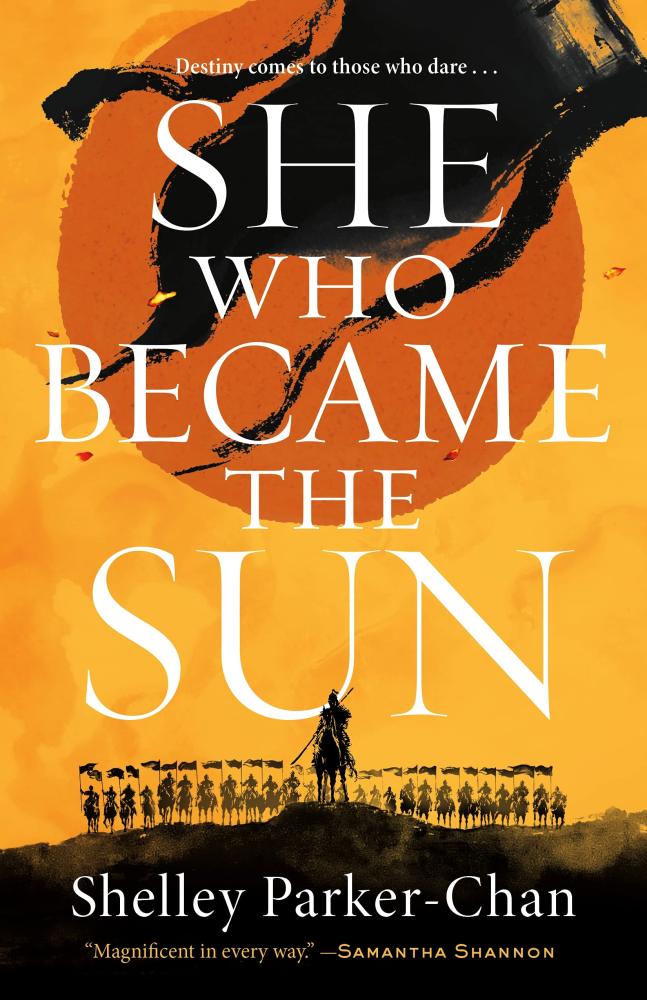
Fiction
Summer may be traditionally the domain of popular fiction, but it is not a bad excuse to brush up on so-called literary fiction, including the critically hyped and the prize-winning.
First among equals this year include Nobel laureate Kazuo Ishiguro’s Klara and the Sun, which fuses high concept musings about artificial intelligence with a coming-of-age tale, and Maggie O’Farrell’s excellent Hamnet, which turns the death of Shakespeare’s son into deeply moving fiction.
Our hero promises to be Zhu Chongba, whose prophesied “great fate” makes him seem a dead ringer for the upwardly mobile emperor who unified a nation. Except, when his family are murdered by bandits, Zhu goes to pieces and dies, leaving his sister as the sole survivor.
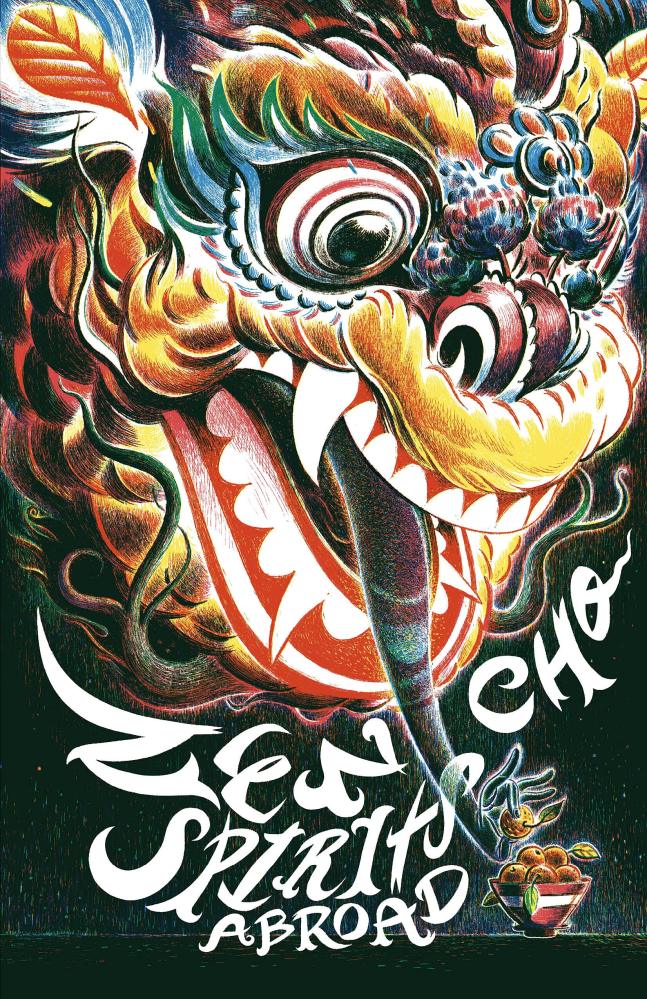
And here is the twist. In defiance of her own fate of “nothingness”, our unnamed heroine adopts her brother’s identity and mythic path. You would not know this beautifully written story was Parker-Chan’s first novel. Even better, a second part is waiting in the wings.
If epic historical fantasy sounds a little too rich for your taste buds, then why not try the literary equivalent of the assortment box: the short story collection. Spirits Abroad was actually the first, prize-winning book by Malaysian fantasy writer Zen Cho, originally published in 2015.
Now re-released in expanded form, the inclusion of Cho’s Hugo Award-winning novelette “If at First You Don’t Succeed, Try, Try Again” is worth the price alone.
Byam is an imugi (a Korean dragon-in-waiting) whose main ambition is to enter heaven and achieve full dragonhood. But poor Byam is a bit of a loser, beaten up by humans and foiled at every turn, until he meets Dr Leslie Han, who is also a bit of a loser and on her own quest for enlightenment, albeit in a mountaintop monastery in the United States.
The subtle mixture of myth and deadpan humour, shifting cultural contexts and philosophical musing is clearly Cho’s forté. She draws heavily on Asian mythology (her stories also feature pontianaks and toyols among other Malay monsters) to evoke both her origins (“The House of Aunts”) and her adopted home in England: “Prudence and the Dragon” also features a dragon, but in London rather than heaven.
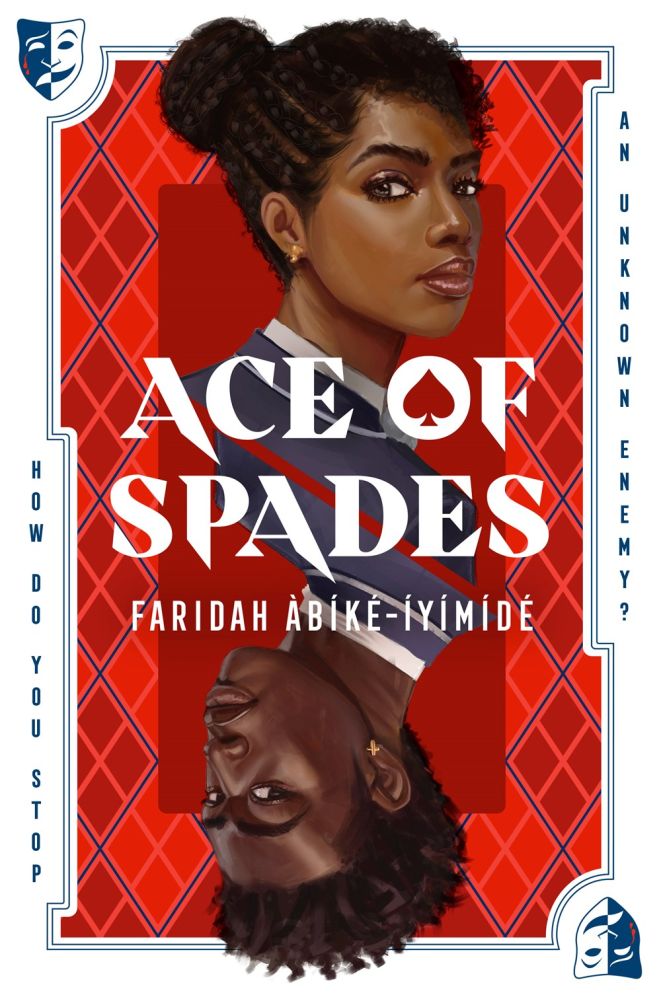
Children
Ace of Spades, by Faridah Àbíké-Íyímídé, is one of 2021’s most anticipated young adult releases. Her heroines are Devon and Chiamaka, the only black students at the elite Niveus Private Academy. Only Niveus is not as private as once it was. When mysterious messages begin to circulate revealing secrets about both Devon and Chiamaka, they join forces to find the truth, wading through racism in their classmates, school and society as a whole.
Summer 2021 is the ideal time for older children (aged nine and up) to read Piers Torday’s The Wild Before. It is a prequel to his prize-winning eco-fable The Last Wild (2013), which was set in a country quarantined by a virus that has killed all the animals and threatens to wipe out the humans.
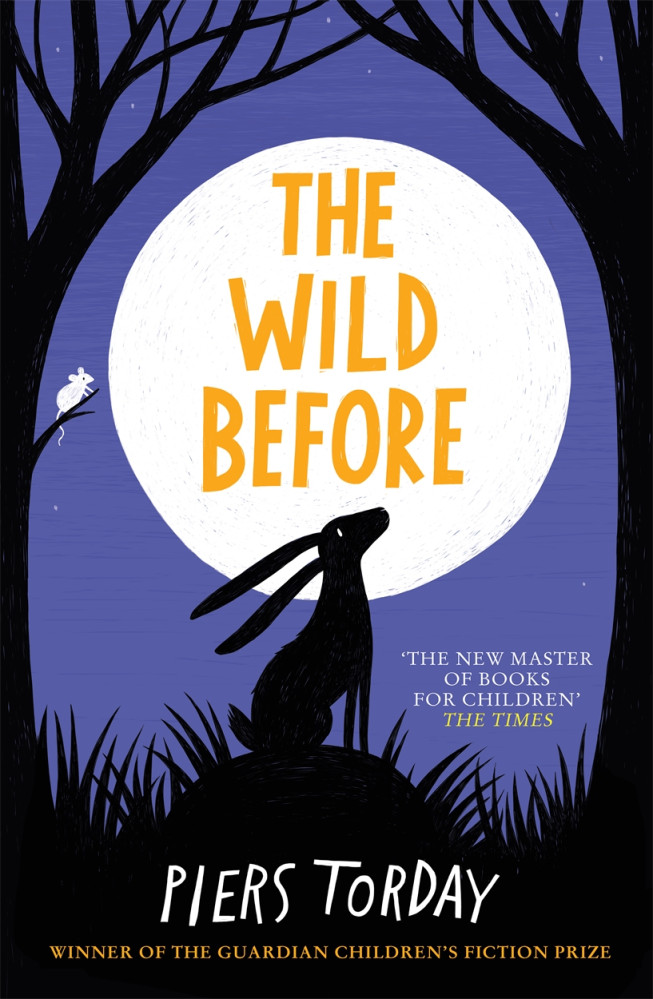
Danny Chung Does Not Do Maths, by Maisie Chan, does something similar, only with arithmetic rather than environmentalism. Our hero is the titular 11-year-old Danny, who is forced to share his beloved room with his grandmother Nai Nai, newly arrived from China.
Not content with stealing the top bunk, she is placed in Danny’s care over the summer, and chaos, numbers and understanding duly ensue. Anglo-Chinese Chan is a name to remember: in the autumn, she will follow up this vibrant family tale with a new fantasy adventure series, Tiger Warrior.
Something about Danny Chung recalls Sue Cheung’s superb 2019 novel Chinglish. Cheung has now begun a series of her own, Maddy Yip’s Guide to Life, which follows the titular heroine on a mission to find her one true talent. As with Chinglish, a smart, feisty heroine navigates an eccentric world and even more eccentric family, including a winningly baffled grandfather. The story is illustrated by Cheung herself.
Smaller children will thrill to Julia Donaldson’s The Woolly Bear Caterpillar, illustrated by Yuval Zommer: an ugly duckling tale set in the world of mini-beasts. Finally, kids of all ages will enjoy Lewis Carroll’s Through the Looking-Glass illustrated afresh by the brilliant Chris Riddell, of Goth Girl and Ottoline fame.
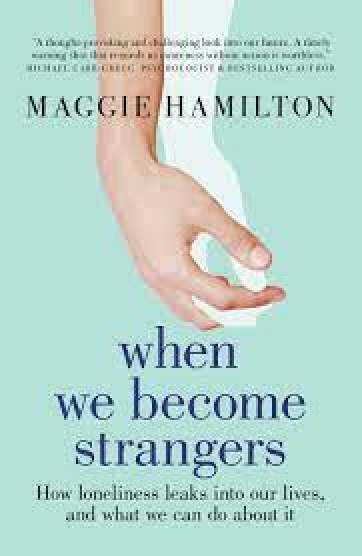
Non-Fiction
Self-help
His new work of non-fiction, The Comfort Book, is perfectly timed. Described by his publisher as “a hug in book form”, the unifying theme of these essays is consolation, and how to find it even in the darkest times. As usual, Haig mixes his own experiences with lessons, quotes and even mantras gleaned from others.
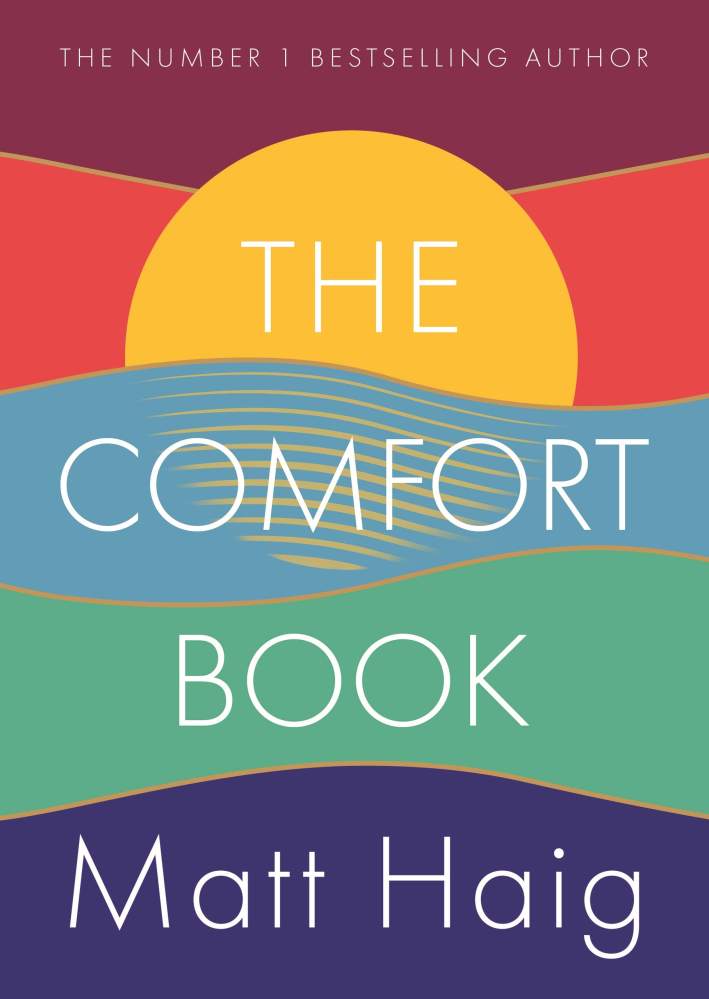
Noreena Hertz’s The Lonely Century, which is just out in paperback, excavates the causes of loneliness from social, economic, political and technological perspectives. While her diagnosis will come as little surprise (the rampant individualism of late capitalism, the rampant over-reliance on technology), her recommendations are bracingly achievable. Say hello to your neighbours, get involved with local initiatives, phone friends and, gasp, be nice to each other.
Another antidote to unwelcome solitude might be found in Nichola Raihani’s The Social Instinct: How Cooperation Shaped the World. A professor of evolution and behaviour at University College London, Raihani casts her eye over everything from the social importance of grandmothers to Brazilian ants, and from menopause to social distancing, in her bid to explain how working together has enabled our survival as individuals, families and societies.
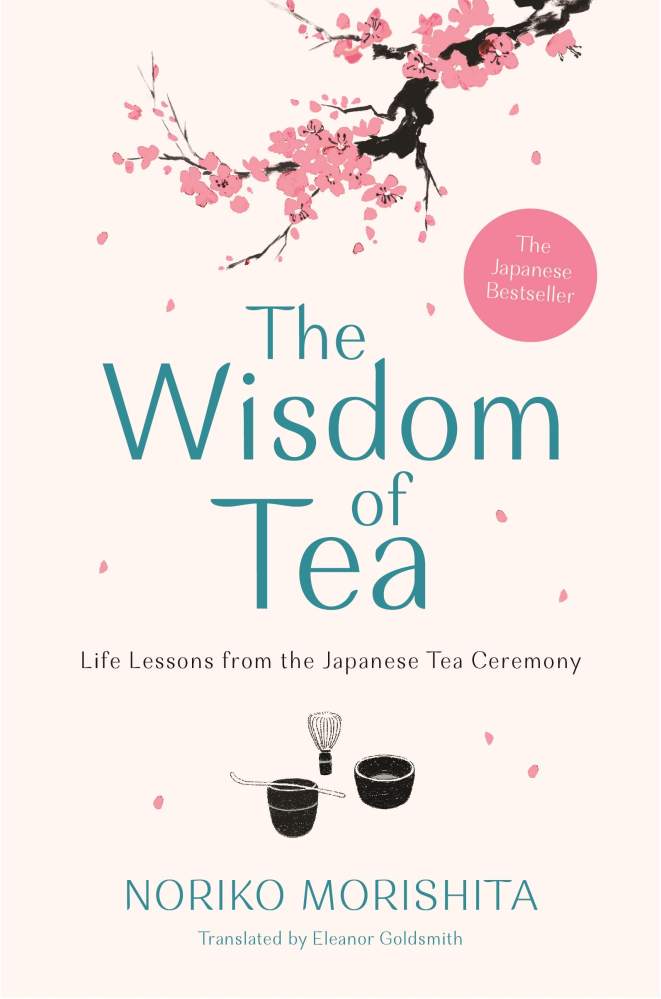
Noriko Morishita brews up similar notions in The Wisdom of Tea, part memoir of 25 years practising the Japanese tea ceremony, part guide to how this might help us all: “When you are living through difficult times, when you have lost all confidence and the world seems plunged into darkness, tea teaches you one thing above all else: live in the moment with an eye to the future.”
History, Politics, Economics
For those not into novels or frothy non-fiction, how about some heavyweight history? If you don’t mind lugging around a hardback, then Jia Lynn Yang’s One Mighty and Irresistible Tide is a prime contender. Yang explores a dark period in US history (1924-1965) when its borders were closed, completely in the case of Asia and partially to Europe.
The New York Times’ national editor, Yang has an assured, readable style that covers a lot of ground without getting bogged down. Some of the stories are vast – the second world war, McCarthyism, Vietnam – but just as many are intimate: liberal US congressman Emanuel Celler, or Takao Ozawa, who was refused naturalisation to the US after 20 years spent living in Hawaii. Like others born in Japan, he found people from Asia fell between the two viable categories: “free white persons” or “persons of African nativity [...] or descent”.
A book called Battle for Hong Kong may not sound appealing right now, but Philip Cracknell’s account of the vicious struggle for the territory between Japanese and Allied troops in December 1941 is illuminating. Cracknell, who has lived in Hong Kong for more than three decades, ponders the ramifications this combat had on the second world war, the region and the world.
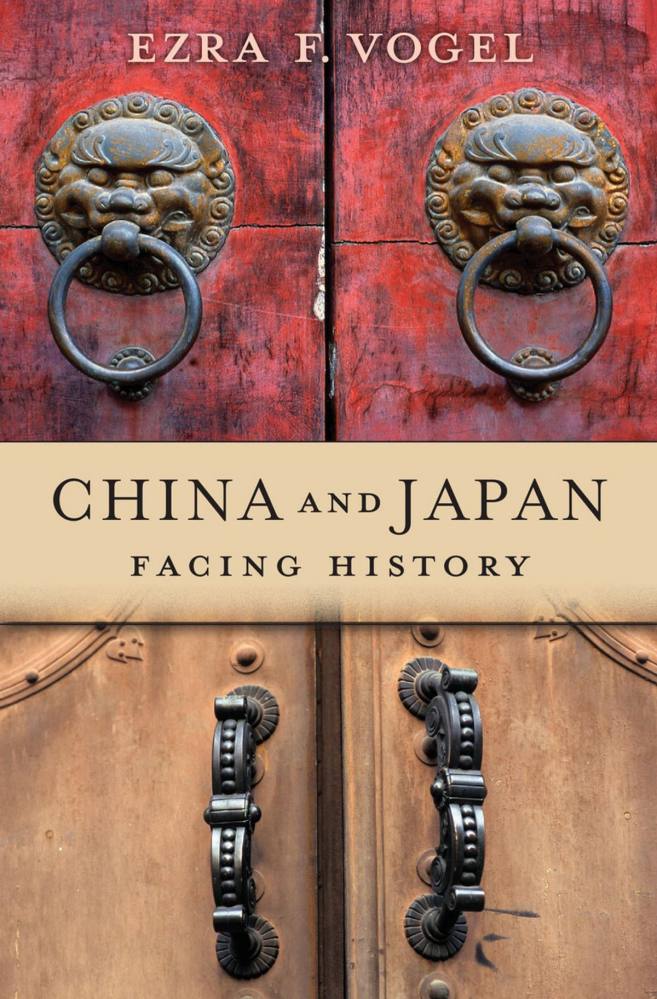
Ezra Vogel was one of the most revered Western scholars of Asian history, politics and society. China and Japan: Facing History, Vogel’s last book before his death, in December 2020, synthesised many of his intellectual passions: the rivalry and collaboration between these two world powers, their wars, detente and how they helped shape not only Asia in the 21st century but the entire world.
Three other impressive books examine modern China’s relationship to its past. Two are in paperback. Filmmaker Michael Wood’s The Story of China offers a personal guided tour through China’s geography and history, including potted biographies of figures such as feminist revolutionaries Qiu Jin and He Zhen, conversations with survivors of the Cultural Revolution and travelogues about everything from poet Du Fu’s Thatched Cottage park in Chengdu to the Mongolian steppes.
While he stops short of the present day, this is no bad thing as it concentrates the mind on Brook’s story and the many absorbing characters (pirates, traders, invaders, emperors) without any need to explain the now. Not that Brook does not quietly have a great deal to teach us about that.
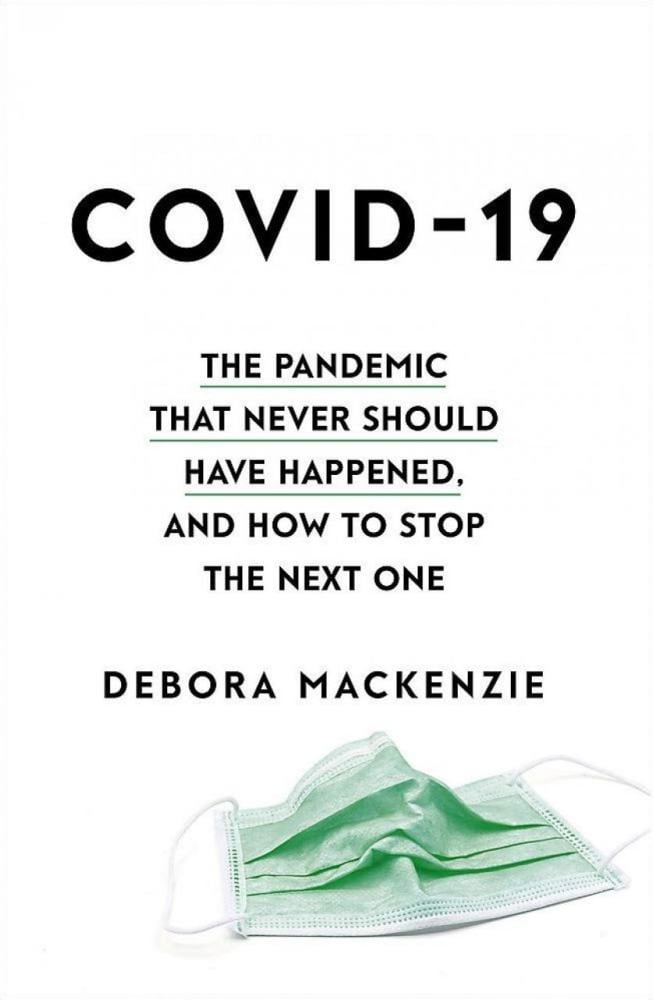
Covid-19
For those who are not exhausted by the day-to-day reality of the pandemic, several fascinating studies have already seen the light of day.
Published fortuitously as the coronavirus went viral, Adam Kucharski’s The Rules of Contagion provides an accessible history of how mathematical mapping has helped us track, trace and understand the spread of infectious diseases (including that dreaded R number), and mass crazes. There is good news and bad news: the latter involving how rapidly viruses adapt and how quickly humans forget vital lessons.
Debora MacKenzie’s Covid-19 may not win any best title awards, but this sharp-eyed account of how the pandemic unravelled and why it should never have happened in the first place makes for a sobering page-turner. It should be required reading for politicians everywhere; whether they will listen to MacKenzie’s recommendations (listen to scientists, learn from history, invest in preparation and responses) is another matter entirely.
Whatever you choose, here’s to happy, safe and healthy reading this summer.

